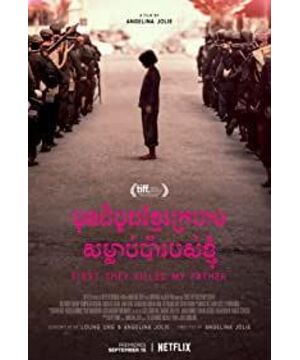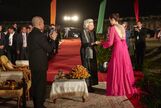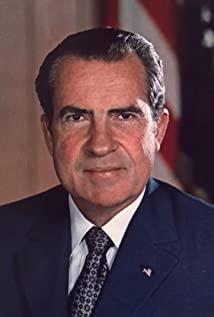A film that can understand the history of Cambodia, the Red Cambodian or Khmer Rouge, the Communist Party of Cambodia started the most "pure" communist ideal regime for 3 years and 8 months in April 1975.
By looking through history, the CPK and its leader Pol Pot were influenced by Marxism-Leninism, the French Communist Party, and of course, the great leader's thoughts of my dynasty. From the film, we are familiar with the picture of WG's extreme left politics. In a classless society, there is no private property, no learning of culture, all foreign things are forbidden, revolutionary songs are sung, and the so-called capitalist life ideas of urban people are driven to the countryside and completely dispelled, and there is also a great leap forward style to increase production. "Ka", an illusory leader organization that exists like a god, creates an atmosphere of terror.
The film shows the tragic history of the genocide against humanity over the past three years. Red Cambodian communism is socialism without a primary stage, a utopia dreamed of by Marxism, a totalitarian nationalism, and a tragic catastrophe.
The film uses the perspective of a girl in a true story to witness the painful experience of dying and surviving by chance. The price of the lives of thousands of compatriots is only the so-called great ideal of those who are violently conscious.
Several actors played a family of parents and children with great care and sincerity. This film is directed by Angelina Jolie, and it is worth affirming that Jolie, who was an actor, made such a historical film. Although it is a bit dull, it is true and moving.
Title "They Killed My Father First, Memoirs of a Cambodian Daughter"
View more about First They Killed My Father reviews









